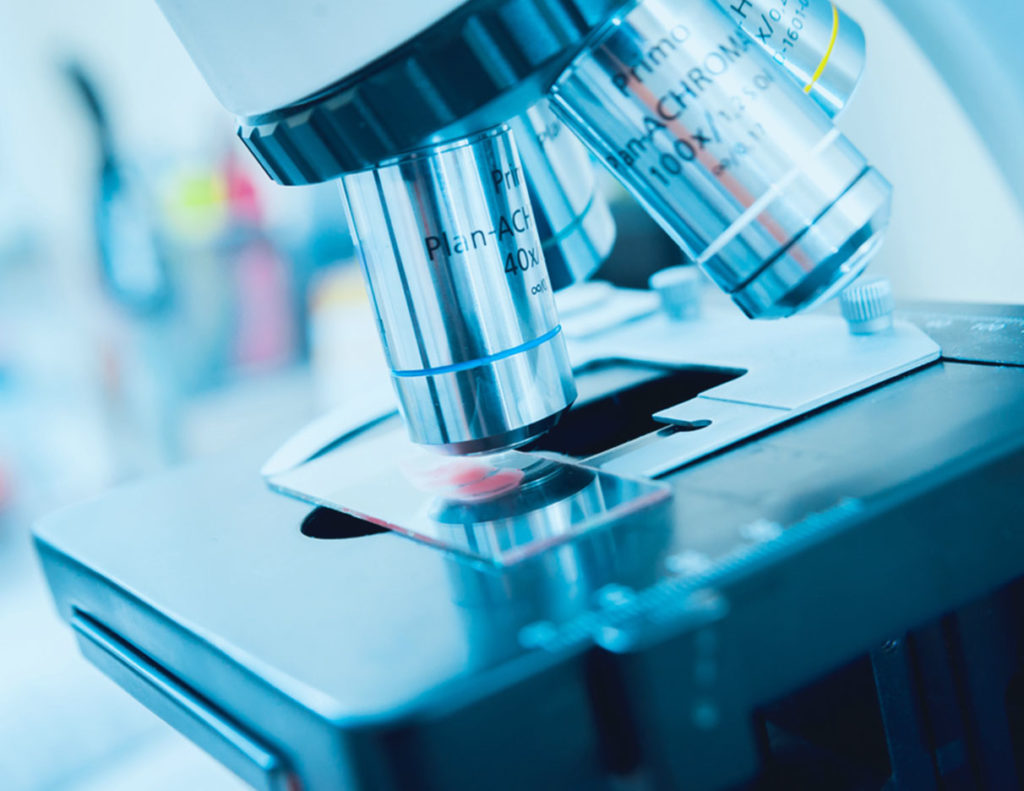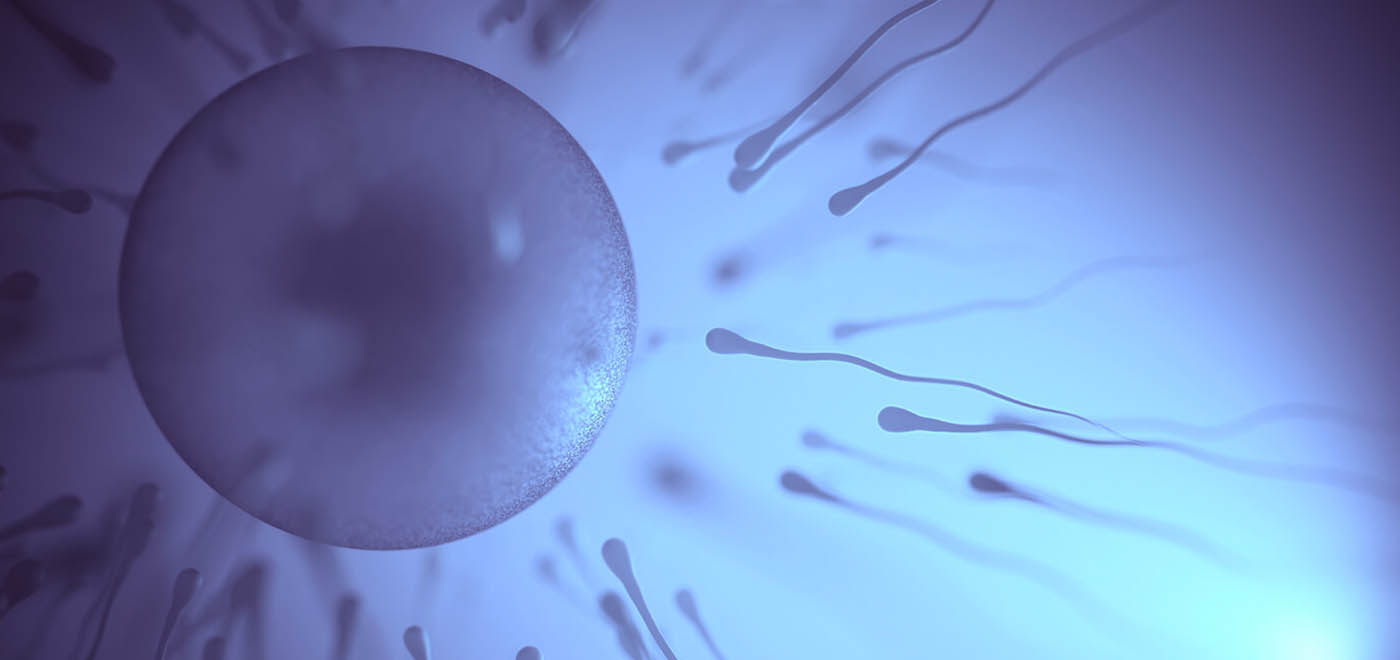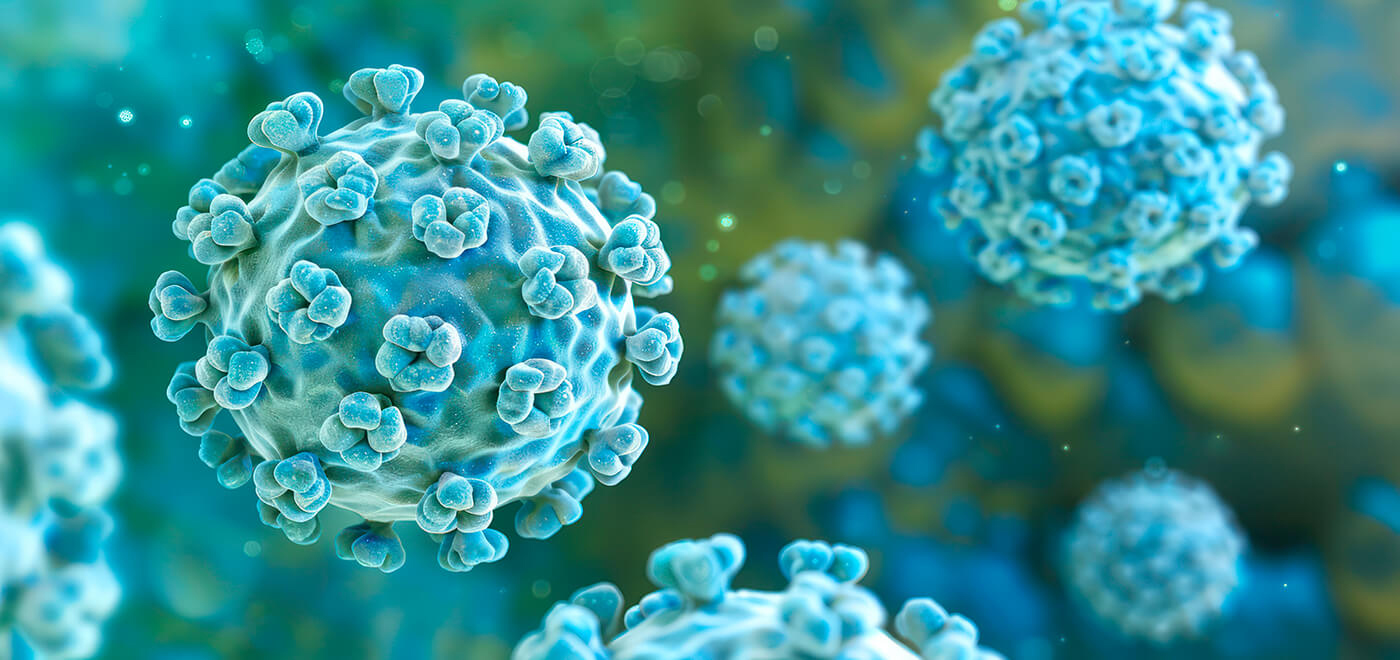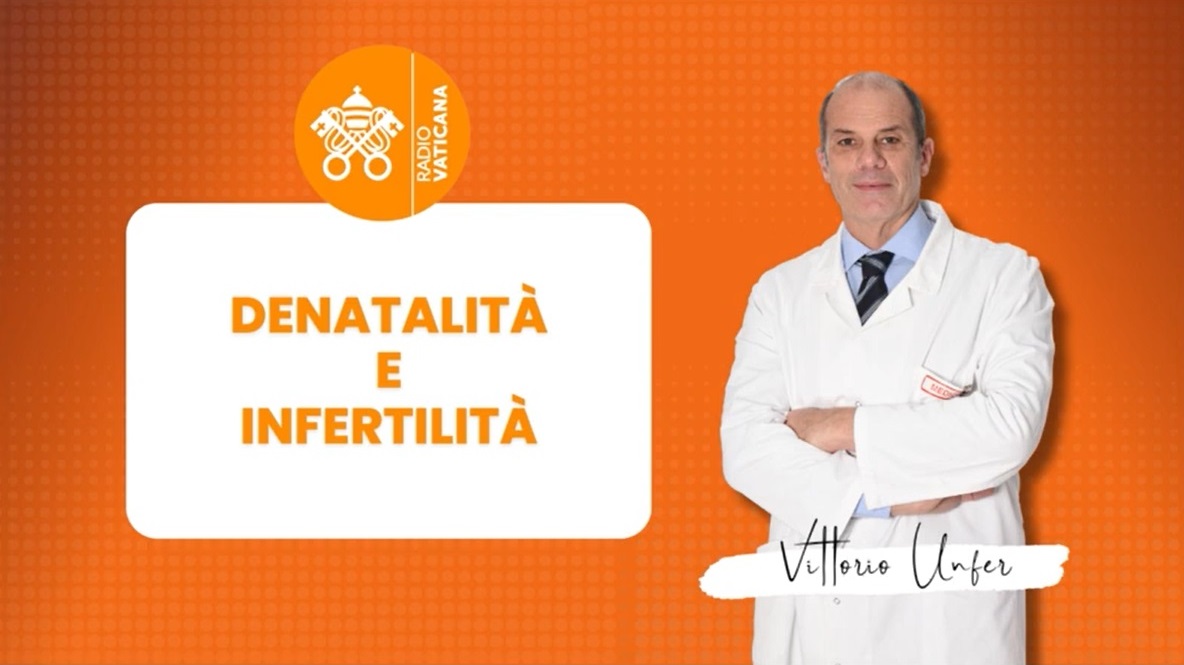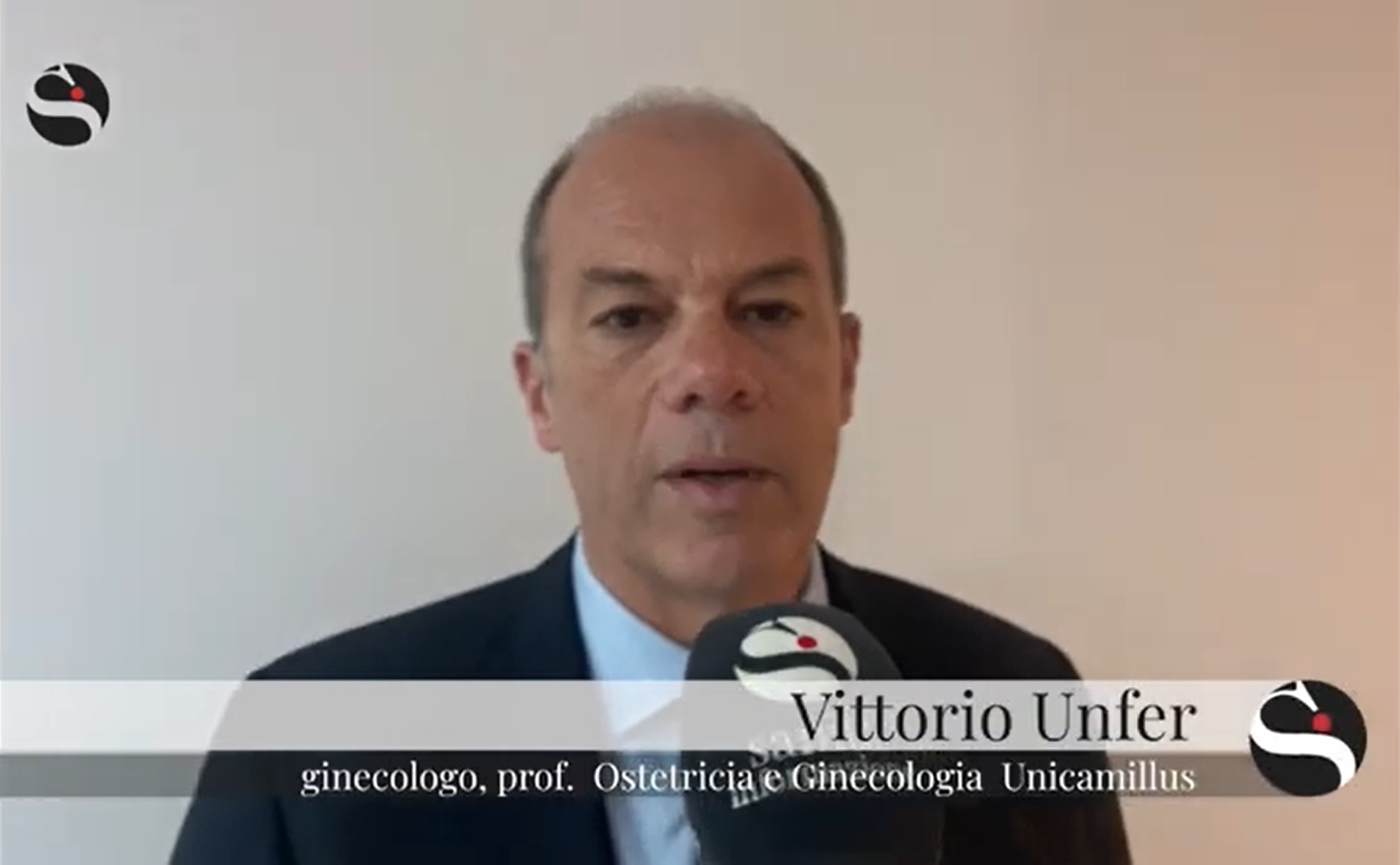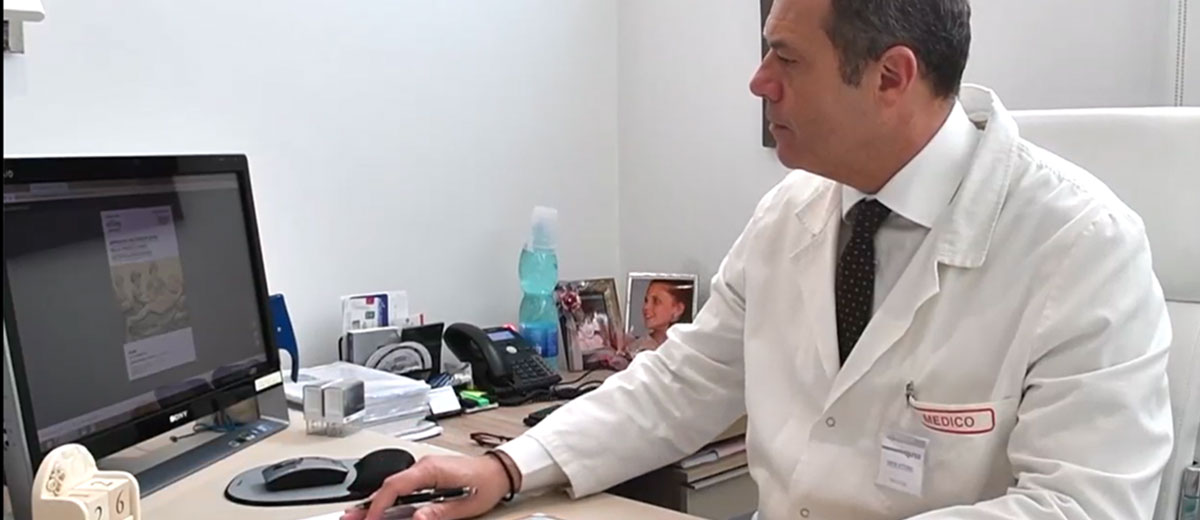Polycystic ovary syndrome (PCOS) is one of the most common female endocrine disorder that affects 6–15% of the female population. It is a very complex syndrome that involves the hypothalamus, the pituitary gland, the ovaries, the adrenal gland and the peripheral adipose tissue that together contribute to create a generally imbalance, associated with three characteristic symptoms: oligo-anovulation, hirsutism and infertility. PCOS has been studied over a prolonged period of time and yet is still not fully understood. In 2003, in Rotterdam, the European Society for Human Reproduction and Embryology (ESHRE) together with the American Society for Reproductive Medicine (ASRM), drafted a consensus document that, gathering the conclusions discussed and compared of various experts works, established a worldwide standard diagnostic criteria for the Polycystic ovary syndrome. Since then, other workshops focused on summarizing know-hows on PCOS by identifying gaps in various aspects. Most symptoms of PCOS first appear in adolescence, around the start of menstruation. However, some women do not develop symptoms until early to mid-20’s. Although PCOS presents early in life, it persists through and beyond the reproductive years. This manuscript focuses on summarizing the current knowledge on PCOS, underlying features, diagnosis and treatment.



